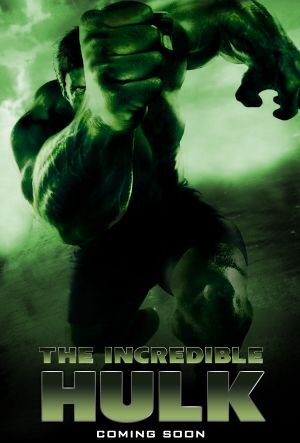Black Stars and Box Office
Posted on October 24, 2008 at 10:00 am
Two thoughtful and provocative articles bookend one of most challenging questions in American culture — the role of race at the collision point of art and commerce. In The Washington Post, Neely Tucker writes about Stars on the Field but Shared Glory on Film — the way that biopics about African-American sports stars always seem to end up being about the relationship of the athletes to their white mentor/competitors. The classic Brian’s Song
was based on the memoir of Gale Sayers. But the movie pushed him to the sidelines — even the title was a reference to his teammate, Brian Piccolo, and the impact his death had on Sayers. The current release, The Express, like many films ostensibly about minority characters, spends as much or more time on a white character (the coach played by Dennis Quaid).
In the Washington Post, Tucker talks about the evolution of the minority in sports movie:
By the 1990s, the prevailing idea on screen about black athletes was mostly downbeat. It was about exploitation of vulnerable young black men to play for rich white colleges or pro teams; it was about white corruption and greed. There was a steady stream of these: “Above the Rim,” “Blue Chips,” “He Got Game” and the superb documentary “Hoop Dreams.”
But the interracial harmony story line began percolating in “The Hurricane,” in 1999, which featured an embittered black athlete and criminal turning toward the light. And in 2000 came Disney’s “Remember the Titans.”
It starred Denzel Washington as Boone at T.C. Williams High, taking over and integrating the team in 1971. In real life, the team played other integrated teams and roared to an undefeated, rarely-scored-upon state title. In the film, they play against all-white teams and Washington’s character withstands racist referees, school boosters and team mutinies to win the championship on a last-second, miracle play.
After “Titans,” which took in $115 million at the U.S. box office, more studios adopted the same formula: Revisit the civil rights era through a feel-good sports epic, based on a true story. Have some clearly identified white racists, some good white folks and a black hero, who is possessed of a greater morality, patience and ability. Show the whites helping in key moments, either with bureaucracy or running interference against racists. In the final reel, have the white and black main characters as close friends.

 It begins with a zippy credit sequence that dispatches with the backstory Ang Lee’s lumbering 2003 version took more than an hour to slog through. And we’re off! Who cares what kind of gamma rays turned Bruce Banner into the Hulk? We just want to see stuff blow up and crash!
It begins with a zippy credit sequence that dispatches with the backstory Ang Lee’s lumbering 2003 version took more than an hour to slog through. And we’re off! Who cares what kind of gamma rays turned Bruce Banner into the Hulk? We just want to see stuff blow up and crash!